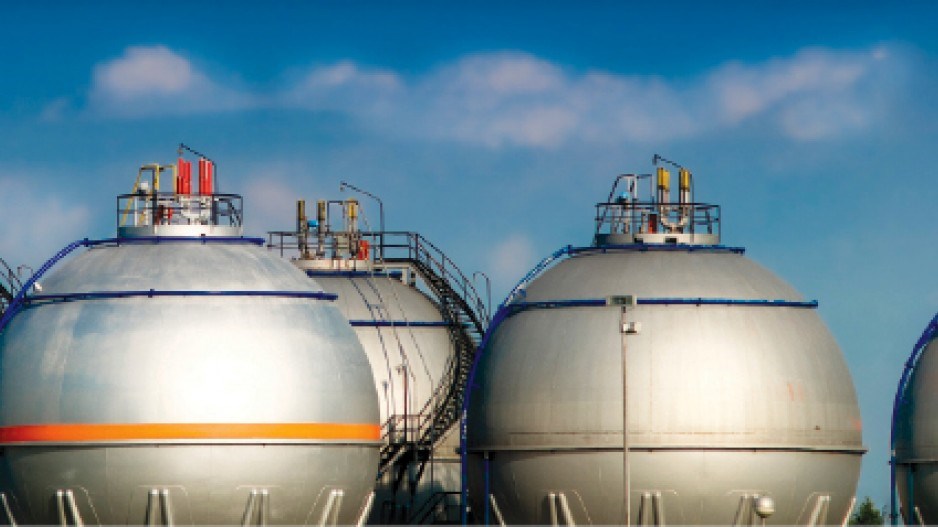Plunging oil and coal prices have the potential to hurt B.C.’s natural resources economy in more than one way.
A June 4 report from the International Energy Agency (IEA) forecasts demand for liquefied natural gas (LNG) will drop this year as Asian markets revel in cheaper energy prices.
The IEA is revising last year’s prediction that demand for LNG would increase 2.3% and has dropped that figure down to 2%.
"One of the key – and largely unexpected – developments of 2014 was weak Asian demand," IEA executive director Maria van der Hoeven said in a statement.
"Indeed, the belief that Asia will take whatever quantity of gas at whatever price is no longer a given. The experience of the past two years has opened the gas industry's eyes to a harsh reality: in a world of very cheap coal and falling costs for renewables, it was difficult for gas to compete."
Asian markets previously were beholden to expensive energy costs for much of the past decade when prices would hover near US$100 a barrel for oil and US$300 per tonne for coal.
That drove demand for cheaper alternatives like LNG and sparked the BC Liberals to push for the development of the province’s own LNG industry.
Now that a barrel of oil sits at US$58 and metallurgical is at US$119 a tonne, demand has dropped dramatically in Asia and other markets.
Last December, Malaysian energy giant Petronas deferred its final investment decision on the $36-billion Pacific NorthWest LNG near Prince Rupert.
After the B.C. government announced long-term royalty and development agreements with Pacific NorthWest LNG in mid-May, Petronas announced it would make a decision on the project in the coming weeks.
Although the report noted global LNG export capacity is expected to increased by more than 40% by 2020, the slow pace at which B.C. has developed its own industry could mean it misses out.
“The Australian projects are at an advanced stage of development, while (project) operators in the United States have limited price exposure once deals have been signed,” the IEA said.
“New projects, however, will struggle to get off the ground at current prices.”
@reporton


